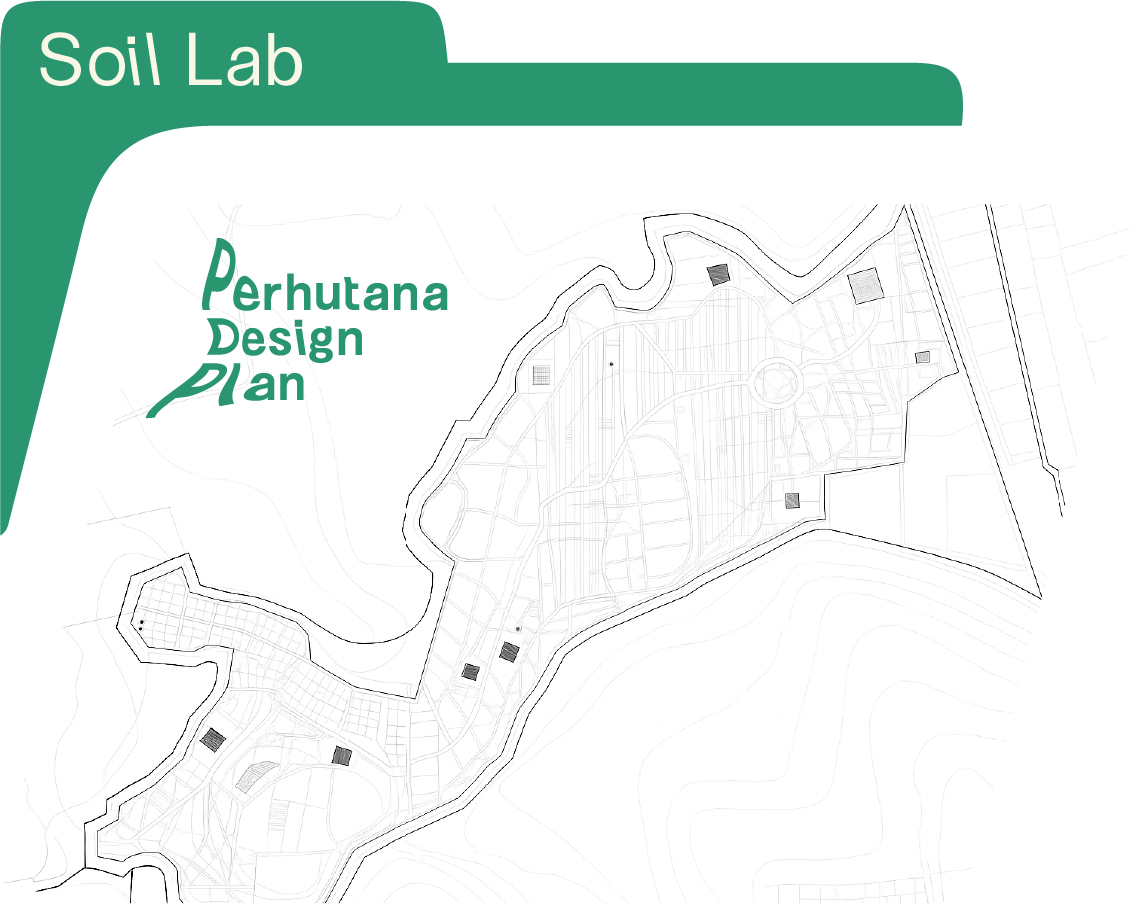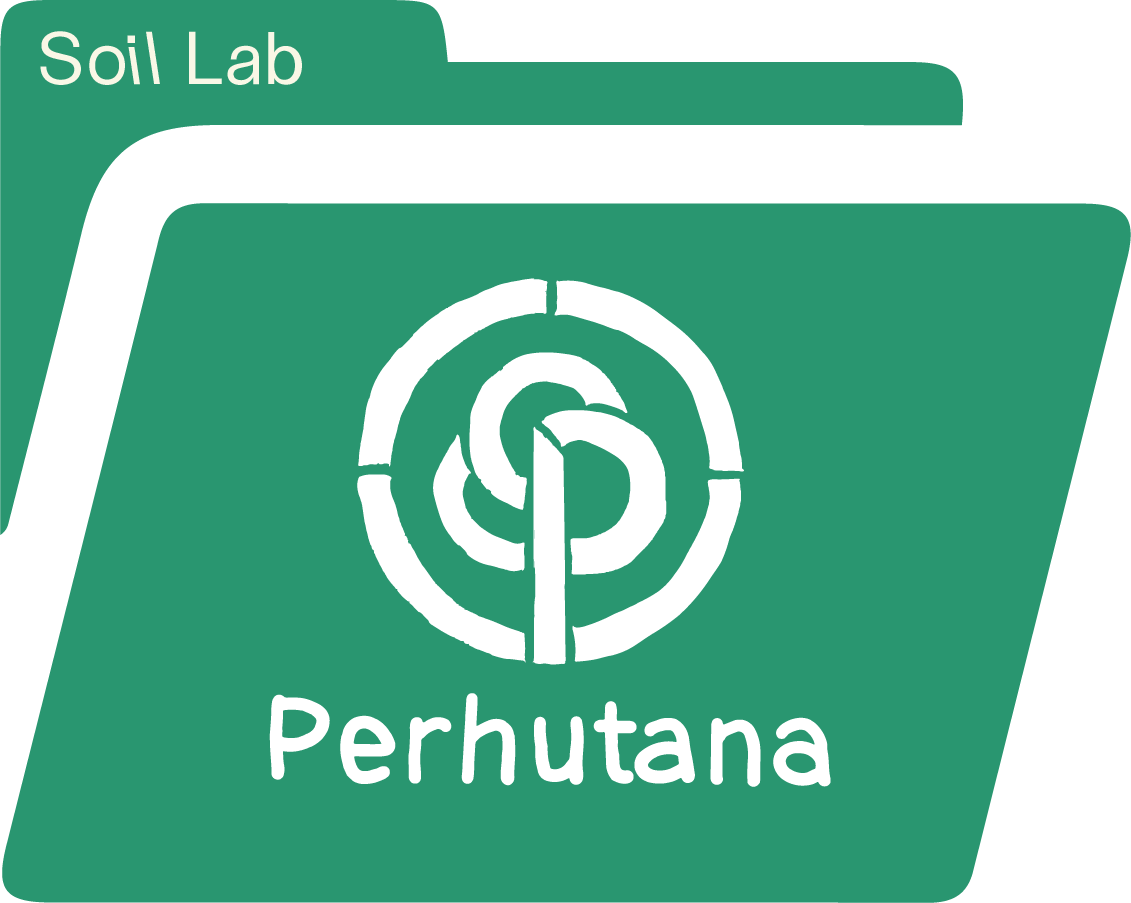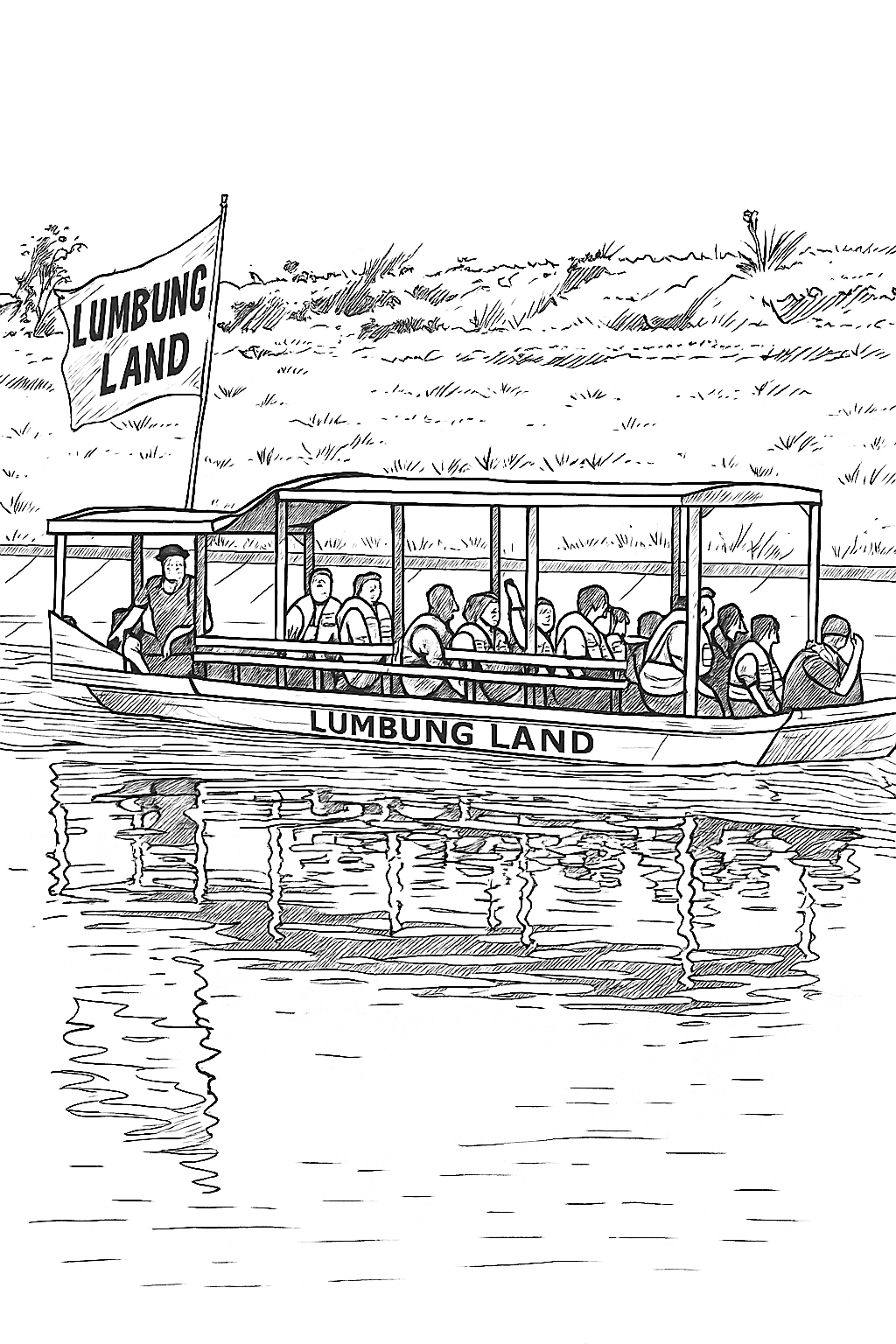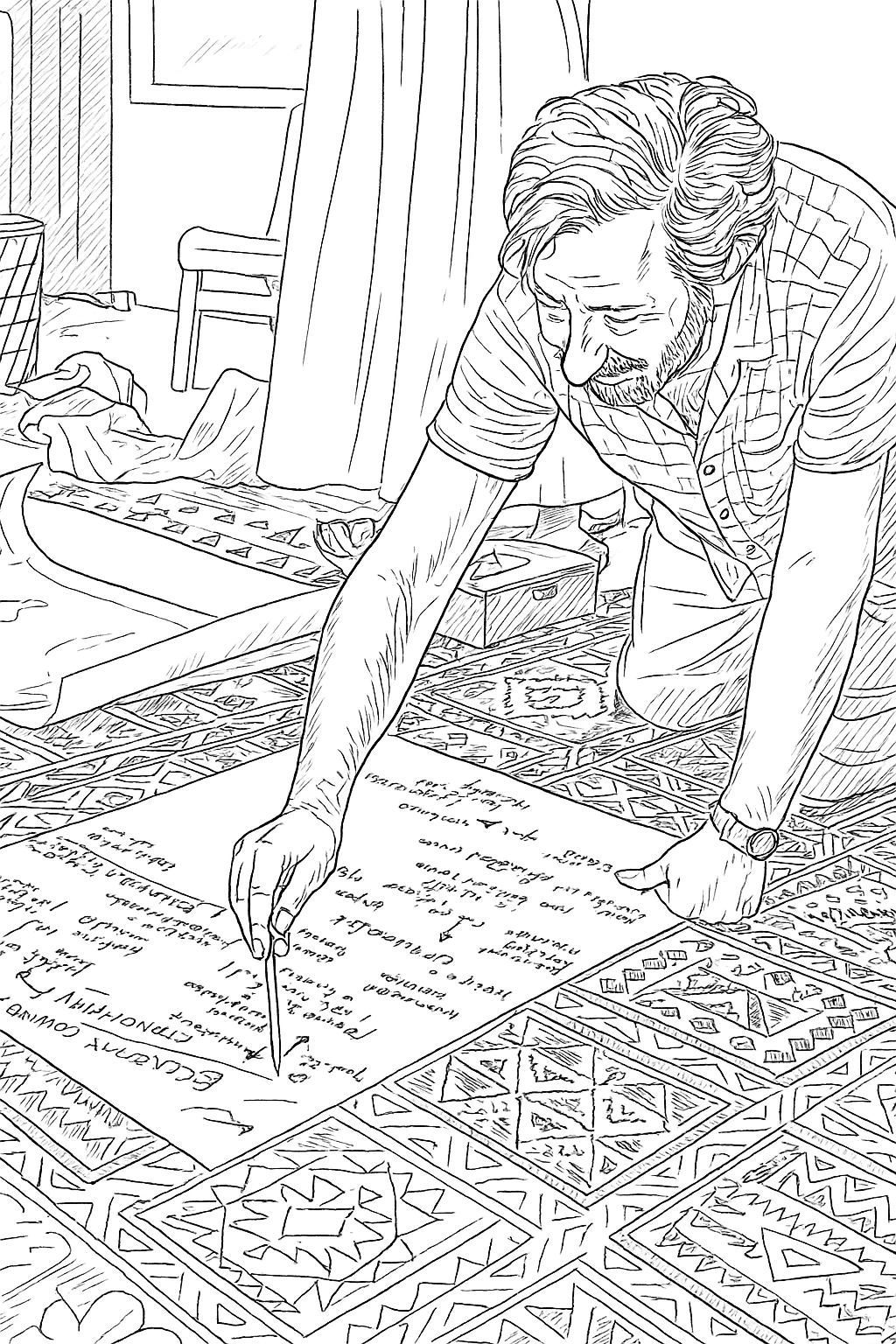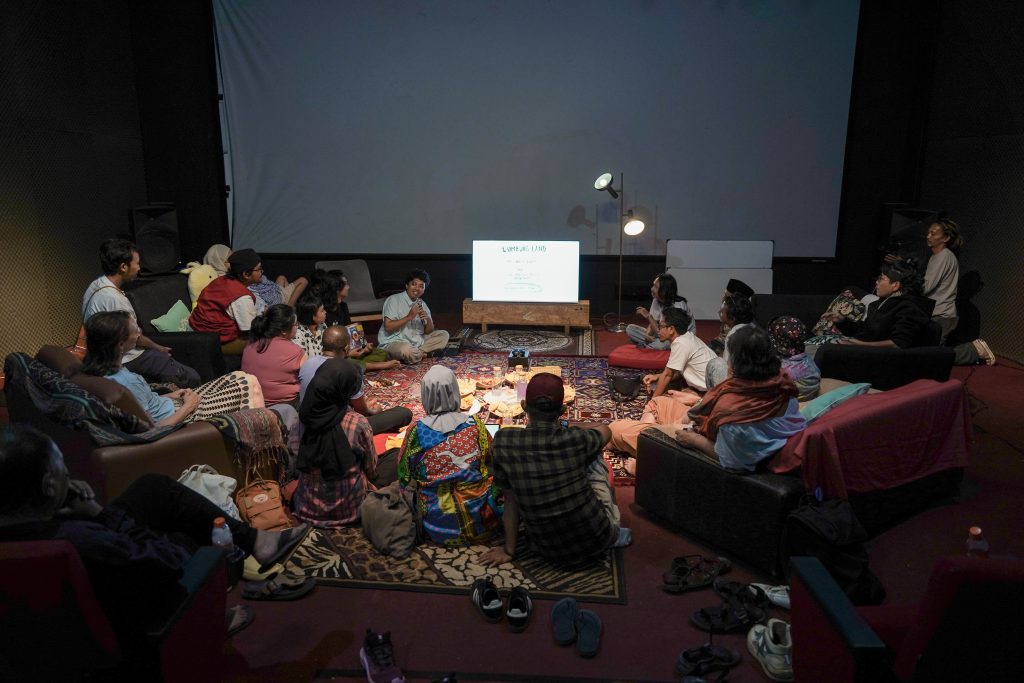
The Lumbung Land Working Group Pilgrimage kicked off in Jatiwangi on 21 April 2025, bringing together collectives from across the globe to share stories of land reclamation, indigenous knowledge revival, and community resistance. Under the theme “The land is not easy, but we believe in it,” the evening session highlighted struggles and innovations in reclaiming land sovereignty.
Reclaiming Indigenous Food Systems in South Africa

Molemo from MADEYOULOOK (South Africa) opened the discussion with their research-based work on land histories. In Johannesburg, where water scarcity and colonial land dispossession persist, their collective occupies abandoned properties to grow food, revive indigenous crops like sorghum, and host seed-swapping programs. Despite government crackdowns, they persist—collecting rainwater, screening films, and documenting lost medicinal knowledge.
In South-Africa, also colonised by the dutch. Many people stayed. They are mainly farmers, 8%. 80% indigenous, also Indonesian, Malaysian and Indian. In 2013 the 80% had to move to 13% of the land. People have no land. Most of the farming land is big agriculture, monoculture (mostly maize). We lost our indigenous food. One is sorghum. We now import it from the US.
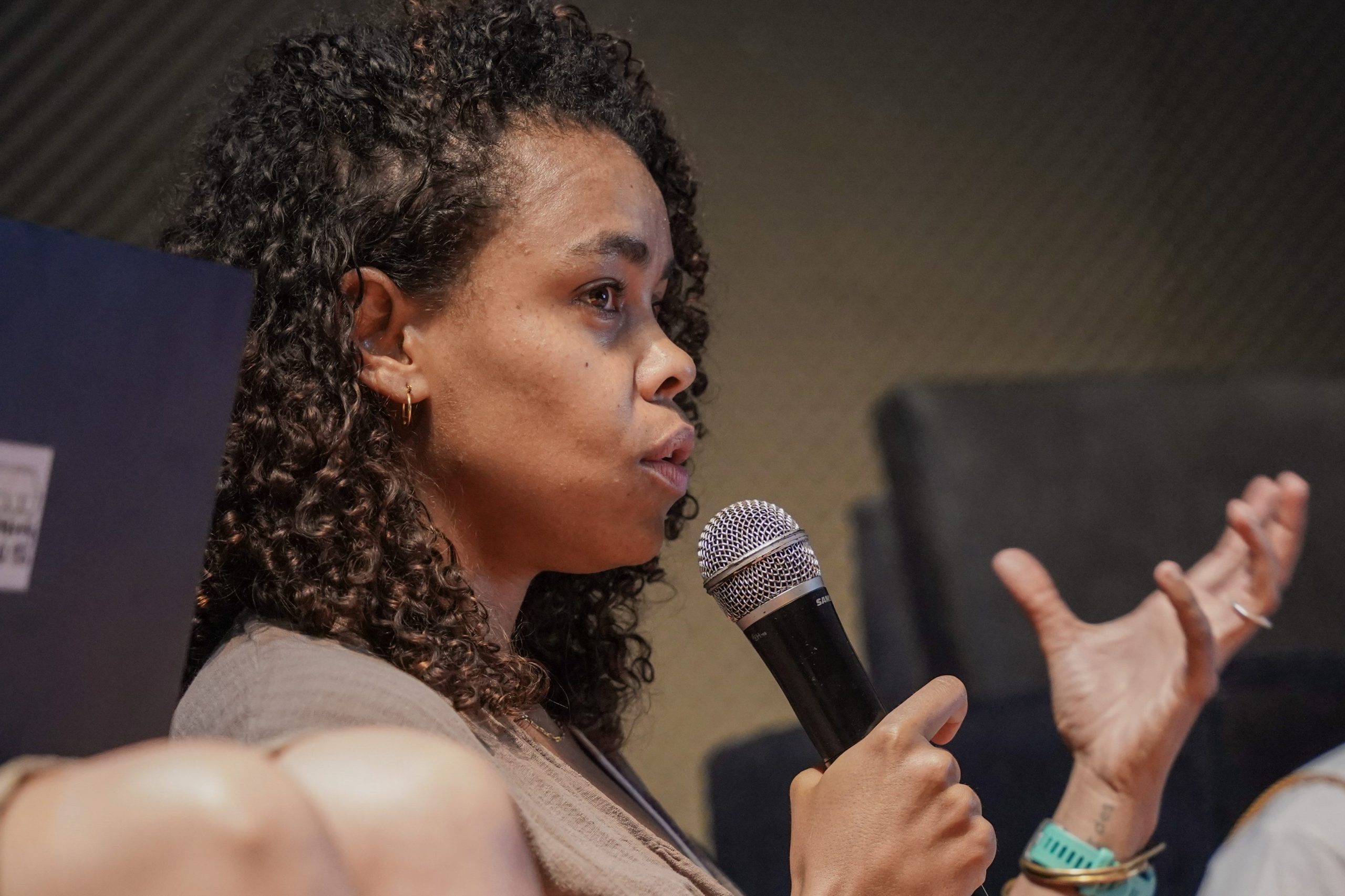
Wajukuu’s Fight for Space in Nairobi
The Nairobi-based Wajukuu collective shared their journey from running a community library (now demolished) to securing land outside the city. With a focus on youth education and organic farming, they recently purchased two acres—a stepping stone toward their vision of 20 acres to decentralize cultural and agricultural spaces. Their annual festival, they announced, will soon invite global allies to celebrate their resilience.
1 Acre is 10000 euro in the area where Wajukuu bought the land. The land is expensive to control the people. There is government land where they build the affordable houses, so they become part of their company. The government was trying to make a new law which says people cannot own the land, whereas they sell to Saudi’s etc.
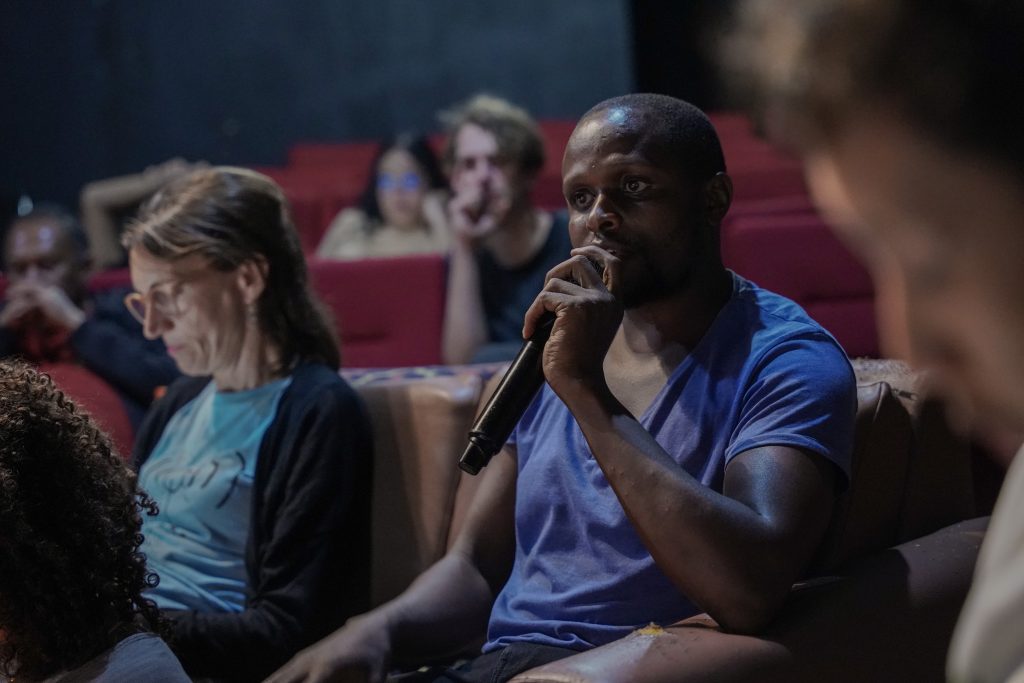
Voedselpark Amsterdam: Urban Farming vs. Industrialization
Voedselpark Amsterdam emerged from a protest to save the Lutkemeerpolder, Amsterdam’s last fertile soil, from becoming a distribution center. Though the government insists on industrial zoning, the collective’s sunflower protests and plans for a food forest (8 hectares) have gained political traction. Their model—a community land trust with a “golden share” for the land—aims to set a precedent for collective stewardship.
We fought for it because it is the last fertile soil in Amsterdam.
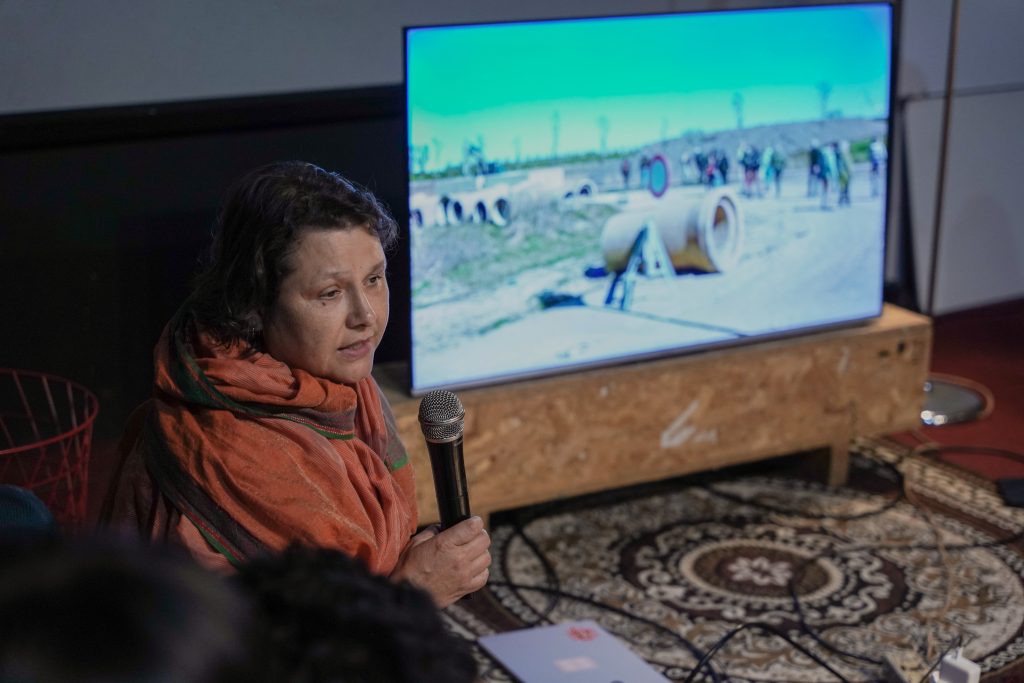
Inland’s Rural-Artistic Experiments in Spain
Inland presented their hybrid approach in Spanish villages, blending art, agriculture, and alternative economies like “cheesecoin.” Their Shepherd School trains youth in traditional herding, while a mobile radio station and masks rituals bridge rural and urban worlds. Cautioning against romanticizing rural life, they avoid publishing images to prevent gentrification.
At this point the artworld wants to do the romaticisation of the rural. We want to avoid gentrification. We are not publishing the imagery of the land of the village.
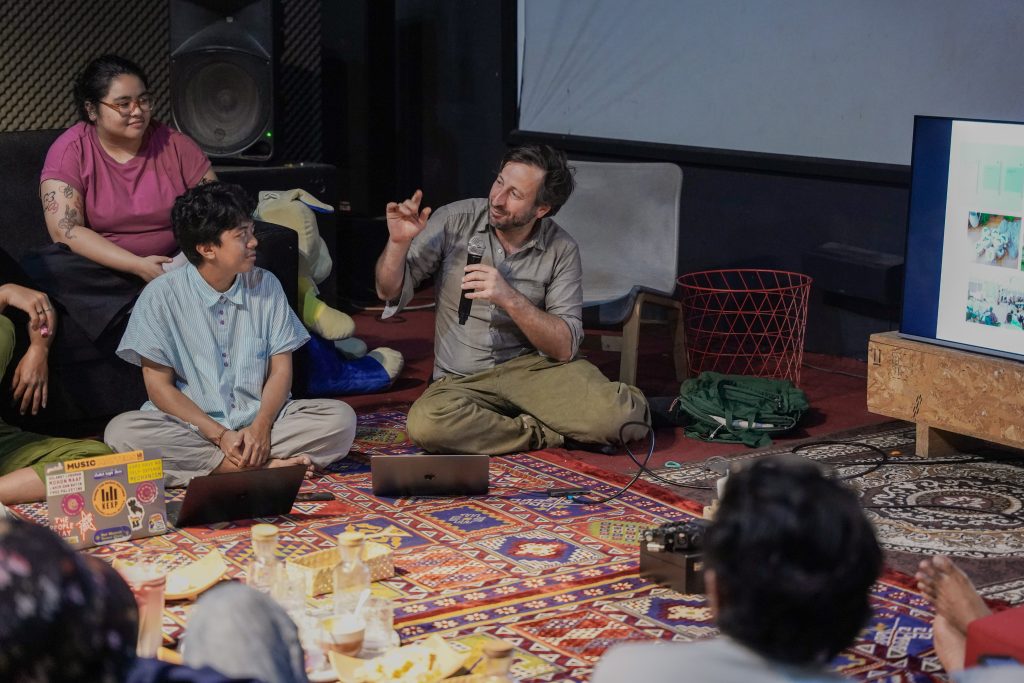
Gubuak Kopi and Pasir Putih: Indigenous Land Rights in Indonesia
Gubuak Kopi (Solok, West Sumatra) works on Pusako Tinggi (customary maternal-lineage land), rehabilitating soil poisoned by industrial fertilizers. Their Daur Subur Project engages 25 communities to revive organic farming and cultural spaces.

Traditionally inherited in the maternal line, even man have no place. Gubuak Kopi tries to sue the …. Technique. The land cannot be sold. The land can only be sold when a daughter gets married or if the communal house needs to be repaired. The community will try hard not to sell, that is why they try to keep it for the community. Gubuak Kopi to support the community activity , by selling the harvest. The land is also used for the activities. Used to be watermelon plantation, now try to repair the soil.
In this Pusako Tinggi we try to design agricultural land and how it is processed while also creating cultural spaces.
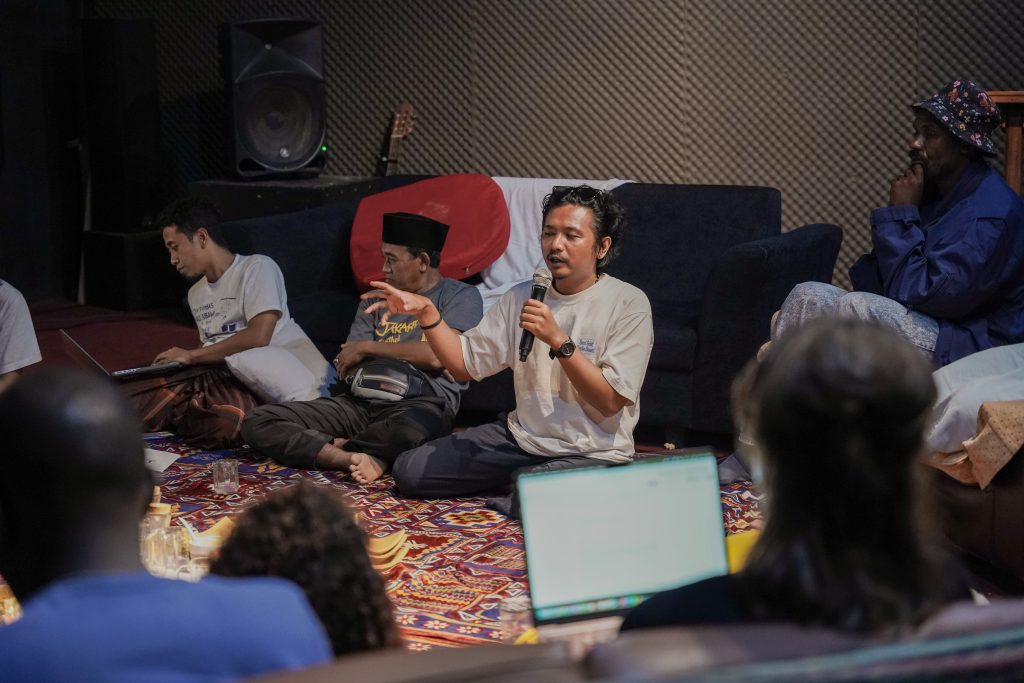
Meanwhile, In Lombok, Pasir Putih and farmer Pa’Idriss shared their victory in securing a 230-hectare social forestry permit, reclaiming protected forests for indigenous communities. Weekly gatherings in the forest bridge traditional knowledge with modern agroecology, though road access remains a self-funded challenge.
Many idegenous people in Lombok lost their lands. We are concerned with how to bring back the knowledge.
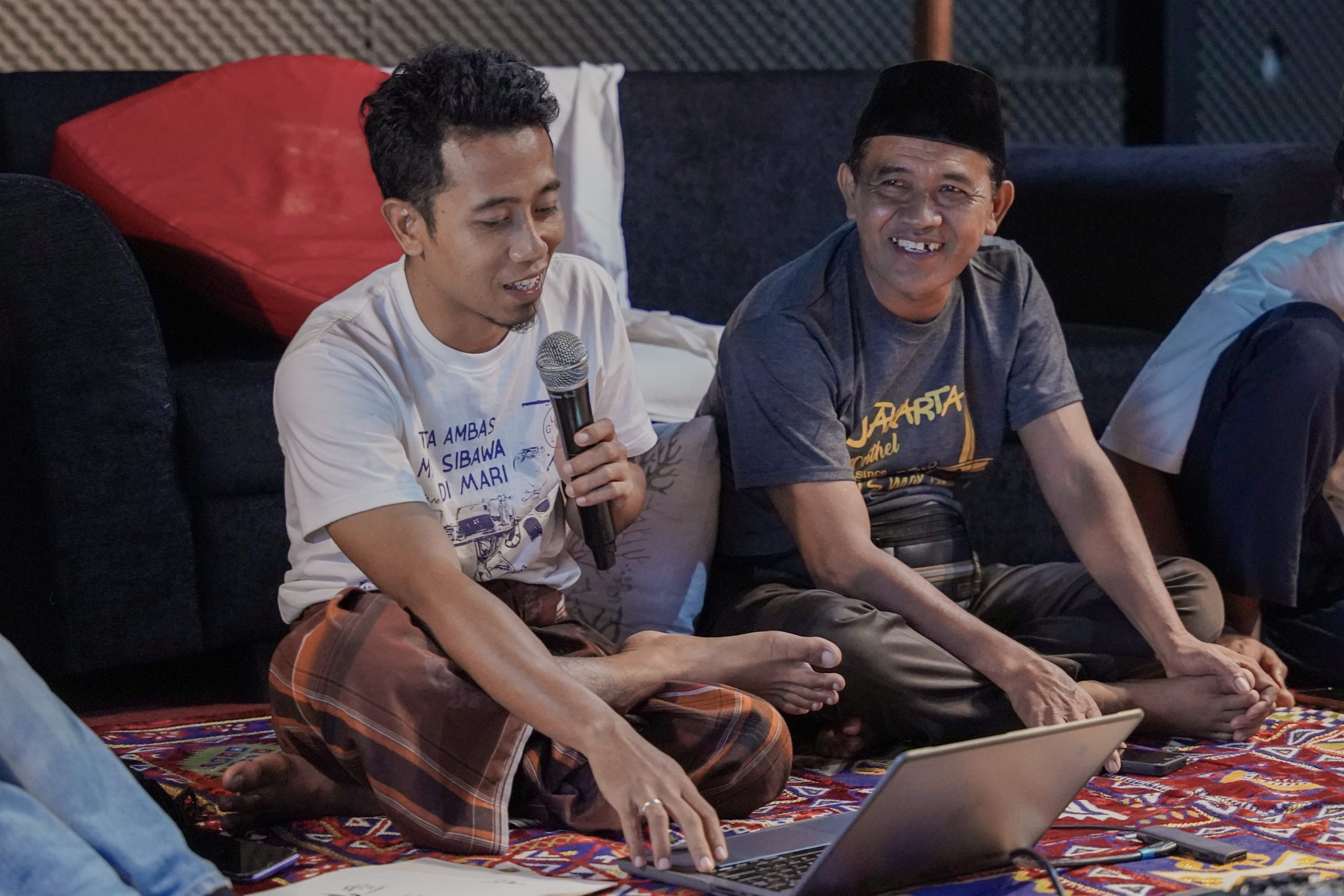
A Global Network of Belief
As the night closed, a shared sentiment resonated: “We do not always agree, but we believe.” From Johannesburg’s rooftops to Lombok’s forests, these stories weave a tapestry of resistance, creativity, and collective care for the land.
The pilgrimage continues through 26 April, with workshops and strategy sessions to strengthen this growing alliance for land sovereignty.



